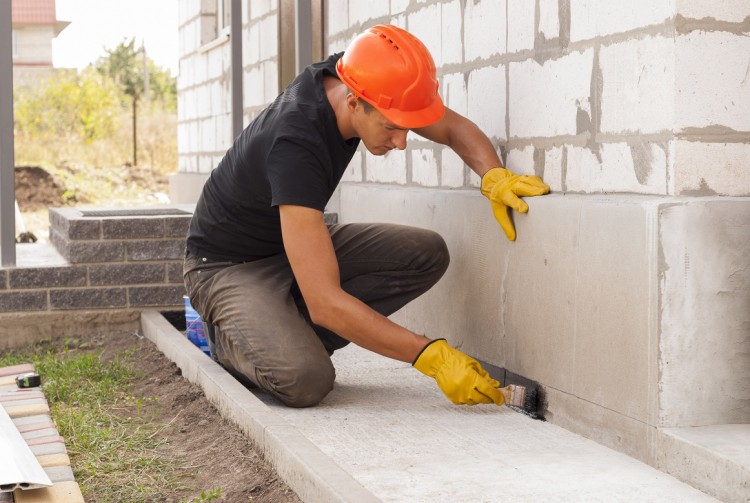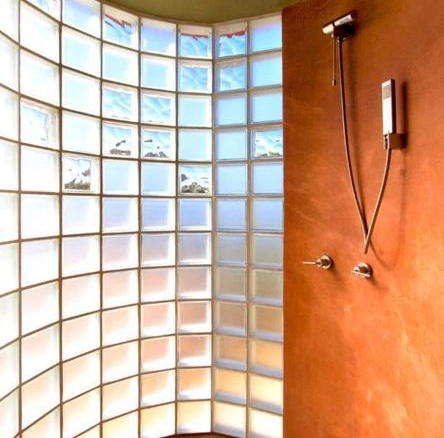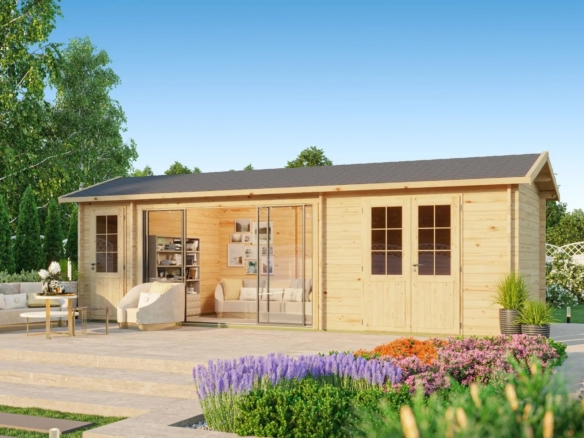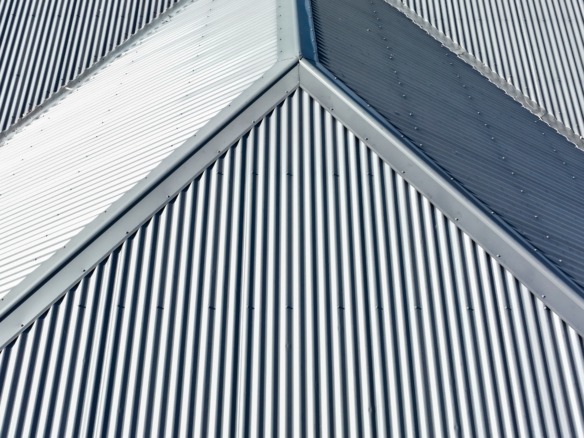Most homeowners have considered waterproofing their basement at least once. After all, flooding and water leakage are two of the most dreaded experiences of homeowners.
However, it’s worth noting that basement waterproofing can be pretty expensive. For your reference, it usually costs around USD$4 to USD$10 per square foot of waterproofing. Assuming your basement is as large as most basements, it should be about 1,000 square feet, resulting in an average of USD$7,000 for the initial cost alone. Take note that you also have to pay for repairs separately.
Perhaps the cost is the main reason why homeowners tend to hesitate when calling for basement waterproofing services. But in reality, its benefits greatly outweigh its cost, and here’s why:
1. Waterproofing Lowers Moisture And Humidity Levels
It’s common knowledge that high humidity and moisture levels have several adverse effects on a home. For one, it increases the development of mildew and mold, which are two types of fungi that can turn a clean living space into a mess. Excess humidity may also cause damage to pieces of furniture, flooring, paintwork, and more. That’s precisely why experts advise homeowners to do their best to lower humidity and moisture levels. Fortunately, waterproofing solves this issue.
Waterproofing lowers humidity and moisture levels by eliminating water leakage. Since a basement makes up a large portion of the house, reducing humidity in this area can reduce the humidity of the entirety of the house.
2. You Can Turn Your Basement Into A Livable Space
When you first enter your property and visit the basement, one of the first thoughts that might’ve come to mind is that it’s not livable. The atmosphere is moist, and the air is humid. But if you look further, you’ll find that there are no other issues apart from that. So, if you can take care of these two issues, it should be possible to turn the basement into a livable space.
Waterproofing prevents water leakage, which, as stated in earlier points, lowers the moisture and, consequently, the humidity levels of the area. But what if you don’t necessarily need additional living space in your home?
3. Basement Waterproofing Generally Adds To Home Value
You’ve probably heard from someone or somewhere that basement waterproofing adds to your home value, which might be your primary motivation for considering the idea in the first place. Fortunately, your assumption is true–waterproofing indeed adds to home value.
To be precise, when calculating home value, one must take into account the surface area that counts as livable space. The more surface area, the higher its value. Therefore, by turning a basement, which is a room that takes up a portion of the house, into a livable space through waterproofing, you’re essentially increasing its value. This means it’s not just for those who require extra space.
4. Minimizes The Possibility Of Flooding
You’ve probably also heard that waterproofing could prevent flooding, and that’s also true, although not completely. It can minimize the possibility, but the chances are most definitely not zero. Still, by reducing the likelihood of flooding, you’re practically avoiding the expenses that may result from such events, like the cost of repairing plumbing lines, filling cracks, and more.
5. Adds A Layer Of Protection To The Basement Floor
Waterproofing services usually involve the application of resins, adhesives, sealants, or coating into the walls, ceilings, and flooring to fill in cracks. While these things do an excellent job in minimizing damage by lowering humidity and moisture levels, they’re also relatively tough, strong, and are generally impenetrable to moisture and humidity. This ensures that your basement floor would be impenetrable in the face of excessive humidity and moisture levels.
6. You Can Save Money By Reducing HVAC Usage
While one may argue that basement waterproofing would make the air less humid and, therefore, increase the temperature, that’s usually not the case. Although it’s true that temperature and humidity are inversely proportional, a massive reduction in humidity usually isn’t enough to turn an area into a hot mess. In fact, if you’re using a heating, ventilation, and air conditioning (HVAC) system, lowering the humidity and moisture levels might even lead to the opposite effect.
The effectiveness of an HVAC system often plummets when the area is wet and humid, which would mean your air conditioning becomes obsolete in a damp environment. But with basement waterproofing, you can lower the humidity, making the HVAC system more efficient.
Conclusion
While basement waterproofing is indeed expensive, compared to other home renovations, it’s more practical and helps you save a lot of money in the long run. Not only does it prevent damage that would require repairs, but it also makes your HVAC system work more efficiently, reducing your electricity bills. Furthermore, this renovation can increase your home’s value, which is ideal for investors and homeowners that intend to sell the house in the future.




